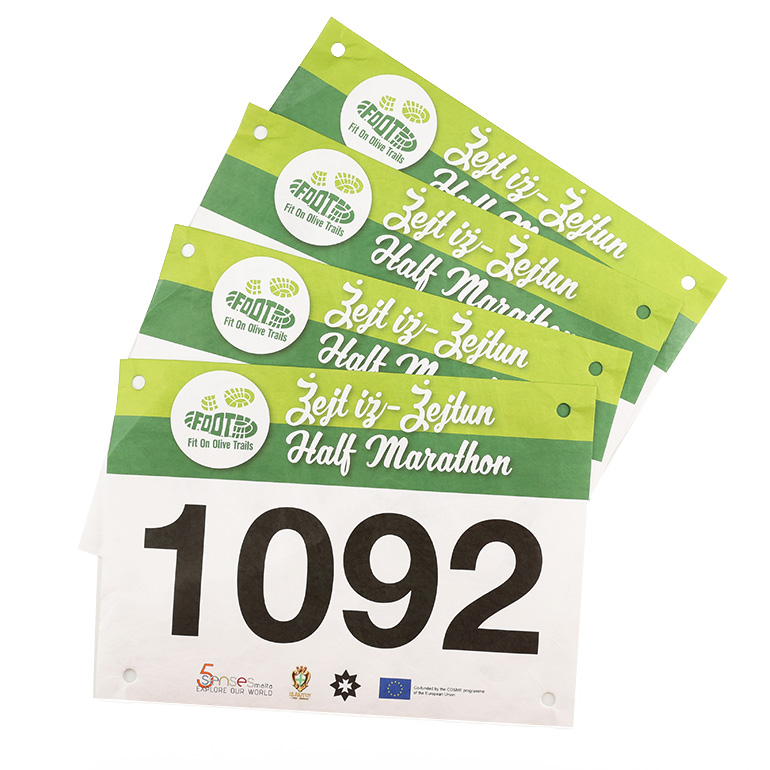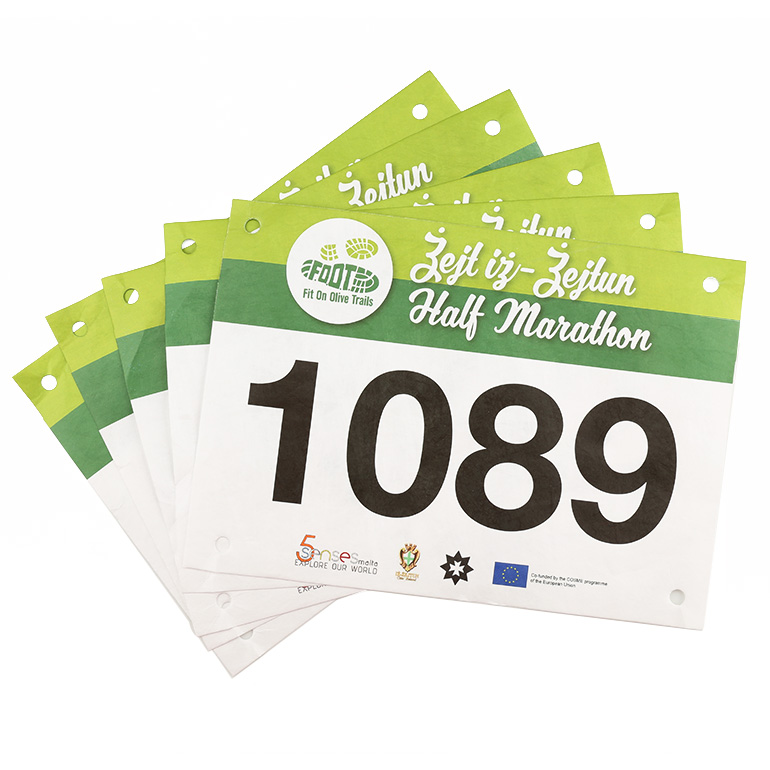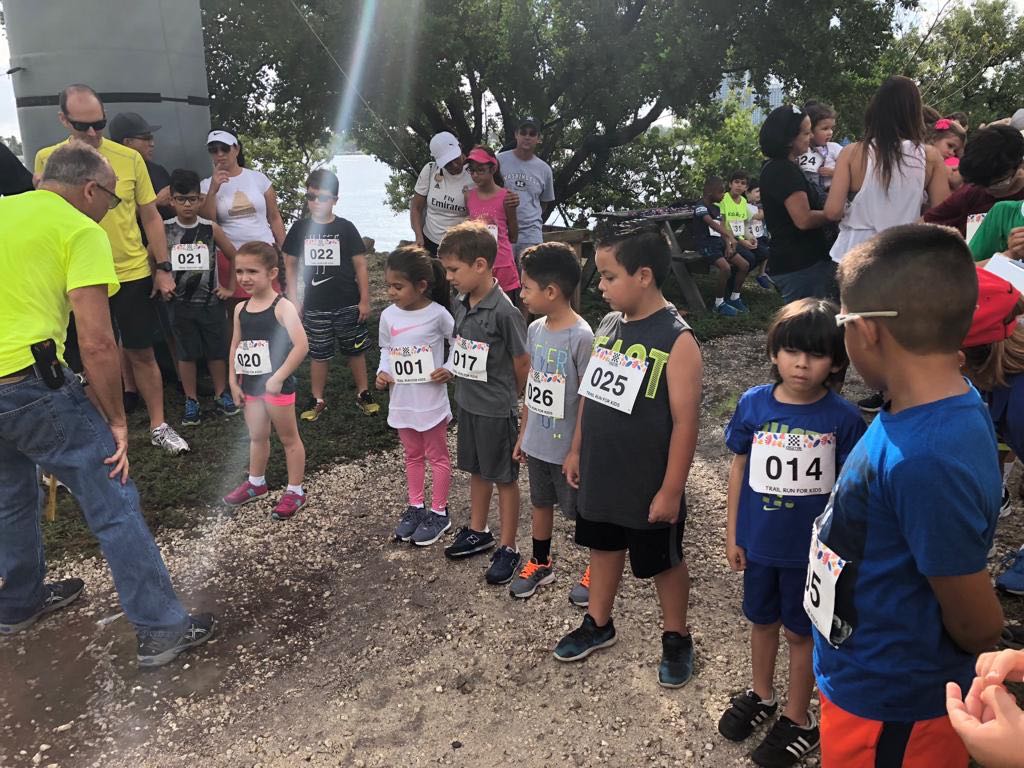Verily, a life sciences company owned by Google (microblogging), has developed a special device to collect and synchronize the medical information of people involved in clinical research. Google revealed the device, called "Connectivity Bridge," in a document submitted to the Federal Trade Commission on Tuesday, highlighting Google's ambition to use innovative hardware and big data analytics to gain a foothold in the highly competitive medical market. The Connectivity Bridge looks a bit like a diving mask, which can be installed as a wireless hub in a medical facility or user's home, collecting patient data through various sensors and quickly uploading it to the cloud for analysis. For example, Verily now provides sensor tracking and data analysis services for the Brigham and Women's Hospital in Boston for a variety of sclerosis studies. Patients participating in the study can submit their data using the Connectivity Bridge, a device that is quite useful because some patients cannot access the Internet via a laptop or smartphone. Verily aims to actively address a variety of health issues, and it is conducting various tests and trials to learn about the various aspects of human life. Verily provided a suite of apps and devices called "Study Kit" to help them collect health data. Hub that can be charged and synchronized The device was approved in September last year, but it wasn't until Tuesday that Google announced the photos and details of the device. It uses open source software and allows users to use the device to charge and synchronize data to devices in the Study Kit. Verily is reluctant to provide more details about the Connectivity Bridge, but it's not hard to imagine that this device is certainly suitable for other Verily research projects. The device is also suitable for Google's Baseline Study project, released in 2014, which defines the parameters and status of healthy humans by collecting and analyzing anonymous data. Verily released a set of Study Kit applications last year that are said to help people involved in Baseline Study research projects share their health information and lifestyle habits with researchers. The only universal device that Verily has released so far is an experimental health tracking wristband that is said to help patients complete various clinical trials. This wristband can detect a lot of content, such as pulse, body surface temperature and some external information such as noise level. Google also said it is developing software to help researchers securely store, analyze and interpret data collected through wristbands, so this Connectivity Bridge may also be part of this research project. Google has previously said that all health data will be anonymized before being shared with Google. In the end, one of Verily's main goals was to shift the focus from intervention to prevention. Concerned about surprises Custom Race Number Bib,Official Competitor Bib Numbers,Tearproof Dupont Bib Numbers Wintape Measuring Tape Company , https://www.wintapetape.com



